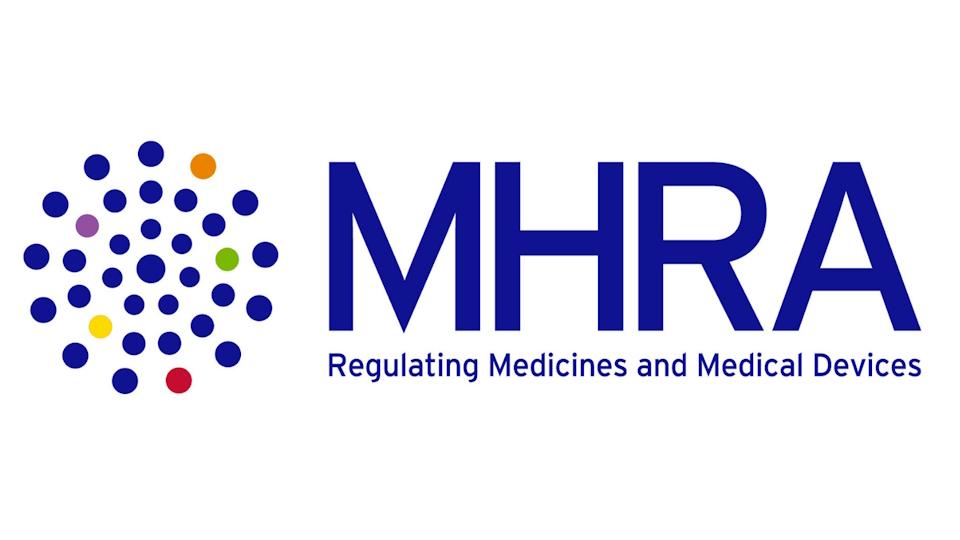UK first country in Europe to clear Leqembi, but NICE says no

The UK drugs regulator has approved Eisai and Biogen's Alzheimer's disease therapy Leqembi, shortly after an EU committee turned it down on the grounds that its modest efficacy did not outweigh safety concerns.
Hopes for access to the drug were immediately dashed by cost-effectiveness watchdog NICE – the ultimate arbiter for the drug's use by the NHS – after it swiftly put out draft guidance saying the anti-amyloid drug's benefits "are too small to justify the costs" tied to the drug itself, fortnightly infusions in hospital, and "intensive monitoring" for side effects.
"As it stands, lecanemab will only be available for those who can pay, and the costs in the private sector will be unaffordable for the vast majority of people," said medical charity Alzheimer's Research UK.
"We believe that, through research, we will make progress against diseases like Alzheimer’s. But when people aren’t able to benefit from the fruits of that research, it’s heartbreaking."
In a statement, the Medicines and Healthcare products Regulatory Agency (MHRA) said it had cleared Leqembi (lecanemab) "for adult patients in the early stages of Alzheimer’s disease, following a thorough review of the benefits and risks."
The agency's decision – which applies to Great Britain only, as Northern Ireland remains in the EU regulatory system post-Brexit – takes the tally of countries that have approved the drug to eight at last count, after the US, China, Japan, South Korea, Hong Kong, Israel, and United Arab Emirates (UAE).
The MHRA's interim head of healthcare quality and access, Julian Breach, said that acting on the advice of the Commission on Human Medicines (CHM), the government’s independent advisory body, "we’re assured that, together with the conditions of the licence approval, the appropriate regulatory standards for this medicine have been met."
The approval is contingent on a post-marketing safety study, reflecting the concerns about the risk of potentially serious side effects like brain swelling and haemorrhage with Leqembi – known as ARIA – that were seen in clinical trials. "As with all medical products, we will keep its safety under close review," said Beach.
The approval covers the use of the drug only in people who have either no copies or just one copy of the ApoE4 gene, reflecting studies that suggest people with two copies are at greater risk of ARIA side effects.
Eisai said in a statement that it is "working collaboratively" with NICE and its counterpart the SMC in Scotland, as well as the NHS, to "support access for eligible patients."
NICE, meanwhile, said that alongside the cost of treatment with Leqembi and the "small but meaningful" benefits – a four to six-month delay in cognitive decline – there is also little evidence of its long-term effects beyond 18 months.
The draft guidance from the HTA kicks off a comment period that concludes on 20th September, so the decision is not set in stone, although a reversal seems unlikely, not least given the costs to the NHS beyond the drug itself.
Nevertheless, if an access deal can eventually be reached – and assuming the EU follows its experts' advice and declines to approve Leqembi – that would create a disparity in access within the UK as Northern Ireland would be excluded.
It is estimated around 70,000 adults in England would have been eligible for treatment with lecanemab, although an added complication for access is that the NHS does not routinely offer ApoE4 testing at the moment.












